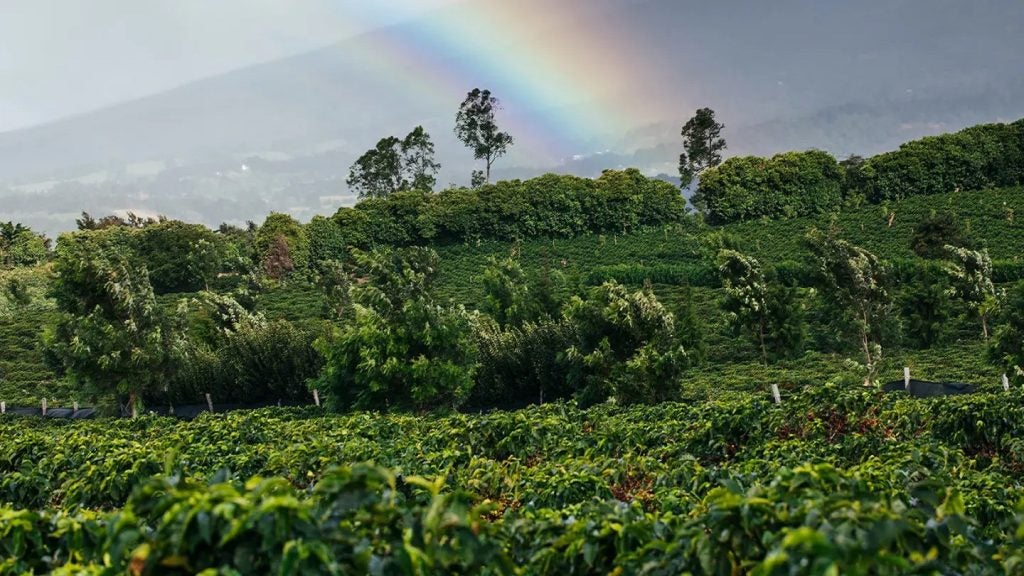Starbucks has expanded its sustainable coffee farm network by adding two new farms: one in Costa Rica and another in Guatemala, alongside its existing Hacienda Alsacia.
This initiative is part of a broader effort to combat climate change through sustainable farming practices while boosting productivity and profitability for small-scale coffee farmers.
The company, which purchases 3% of the world's coffee, said it is committed to bolstering the resilience of the coffee plant amid global challenges such as rising temperatures, drought, and diseases such as coffee leaf rust.
These issues not only threaten coffee availability but also its quality. The new farms will serve as hubs for agricultural innovation, with the Costa Rican farm exploring mechanisation and drone technology to address labour shortages.
The Guatemalan farm will focus on a smallholder farming model to bolster farmer resilience.
Starbucks added that its vision extends beyond these new farms, with plans to establish additional sites in Africa and Asia.
The ultimate goal is to equip the global "Coffee Belt" with the tools and knowledge needed to adapt to the inevitable climate changes that could severely impact agriculture.
In Costa Rica, the new farm will be situated adjacent to Hacienda Alsacia, allowing for a collaborative approach to research and development of advanced farming techniques.
The Guatemalan farm will specifically concentrate on small-scale farming solutions that can be replicated across the region to ensure long-term sustainability and resilience.
Starbucks noted that the investment in these farms underscores its commitment to proactive environmental stewardship and support for the coffee farming community.
By leading such initiatives, Starbucks aims to secure the future of coffee for generations to come while setting a precedent for responsible corporate practices in the foodservice sector.
Starbucks global coffee and sustainability executive vice-president Michelle Burns said: “Starbucks works with more than 450,000 farms that grow the highest quality Arabica coffee in the world.
“Our promise to those farmers and their communities is that we will always work to ensure a sustainable future of coffee for all.
“Our solution is to develop on-farm interventions, share seeds, research and practices across the industry to help farmers mitigate the impacts of climate change.”
Earlier this month, Starbucks introduced Milano Duetto at all its participating stores worldwide in celebration of International Coffee Day.









